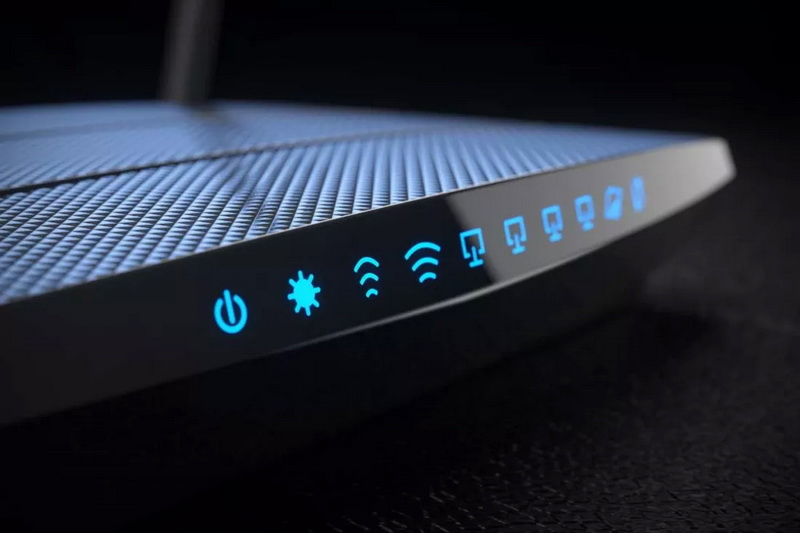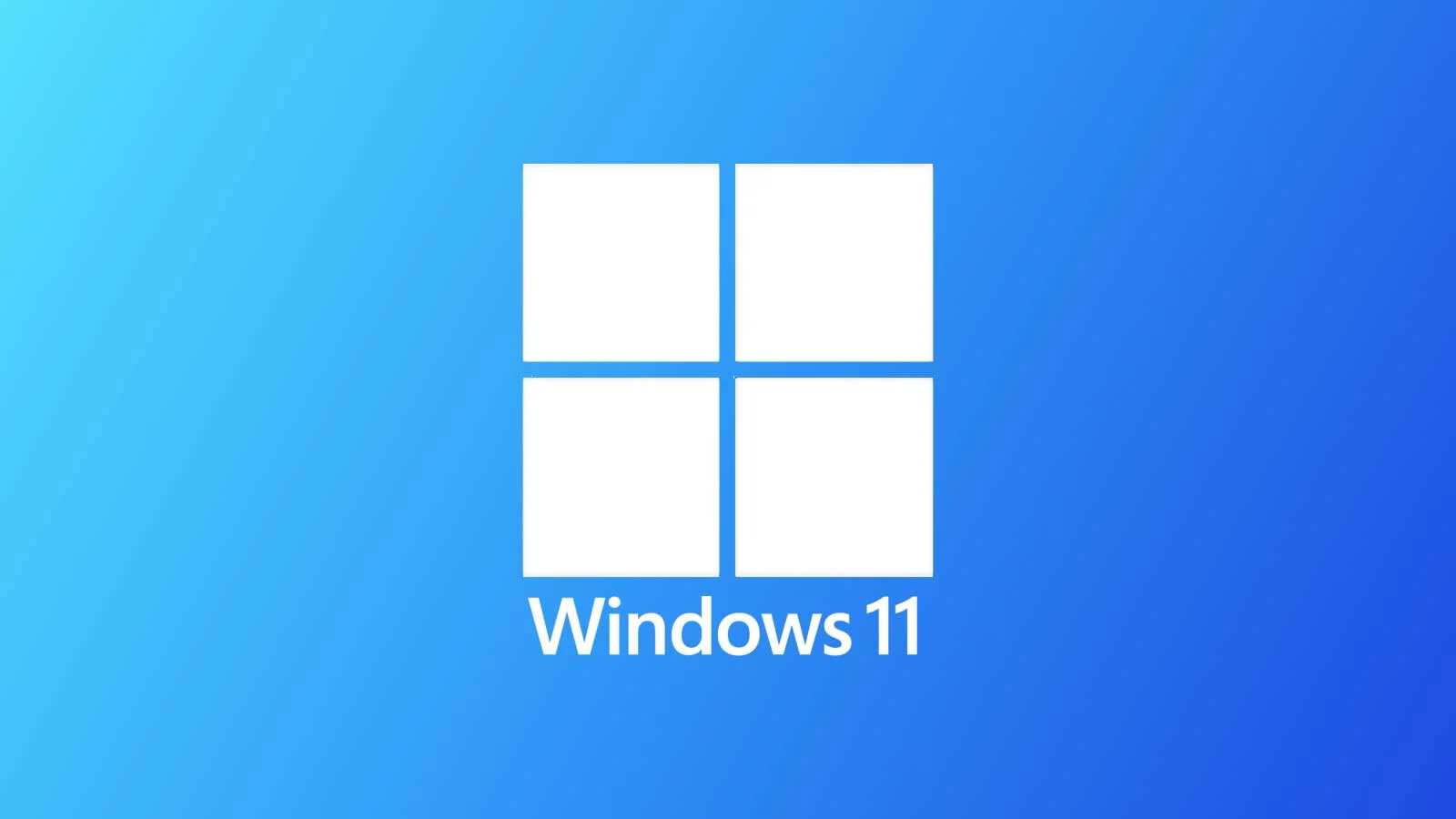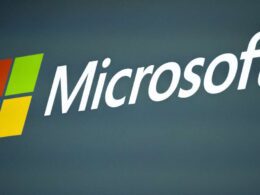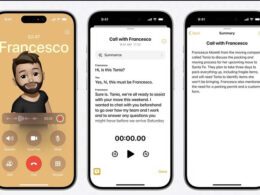Windows 11 Set to Introduce Wi-Fi 7 Support
Despite the availability of Wi-Fi 7-supporting routers and motherboards for a few months now, Windows 11 still lacks support for the latest wireless data transmission standard. This is anticipated to change with Microsoft planning to include comprehensive Wi-Fi 7 support in an upcoming major Windows 11 update.
The Wi-Fi 7 wireless communication standard was officially certified by the Wi-Fi Alliance only in January this year, hence Microsoft has not had the time to integrate it into their operating system. At present, Wi-Fi 7 is being tested in the Windows 11 Insider Preview 26063. It’s projected that extensive Wi-Fi 7 support will emerge with the global Windows 11 24H2 update, expected to be released in the second half of 2024.
Wi-Fi 7 promises a significant leap forward by offering an expanded channel bandwidth of 320 MHz, double the 160 MHz offered by Wi-Fi 5, 6 or 6E. This promises a significant uptick in throughput capacity and substantially increased actual data download speeds. The maximum speed for this standard is a whopping 46 Gbit/s or 5.75 GB/s, theoretically allowing a 100 GB game to download in just 20 seconds.


A significant new development found in Wi-Fi 7 is the Multi-Link Operation (MLO) feature. This allows for the aggregation of wireless channels, distributing connections across two or three 2.4, 5, and 6 GHz ranges. This ensures high-speed data transmission and highly stable connectivity: exceeding the range of one won’t require reconnection in another. Additionally, MLO lowers latency as the router no longer needs to cycle through all devices in the queue for packet transmission. All three ranges can be utilized simultaneously, ensuring prompt data packet transmission.
In addition to Wi-Fi 7, Microsoft is also testing support for USB4 2.0 specifications in the Windows 11 Insider Preview 26063. Once this feature rolls out, users can expect data transmission speeds of up to 80 Gbit/s via USB Type-C cables.





